30. Chest Pain

Image Source: First Aid for Life
A chief complaint that sends many people to the emergency room, chest pain can signify a multitude of conditions. At the most severe end of the spectrum, it could indicate a myocardial infarction, or heart attack. Other potential causes include angina, costochondritis, and even heartburn. Diagnostic procedures frequently include EKGs, blood tests to check for cardiac markers, and imaging tests like X-rays or CT scans. Depending on the severity and the suspected underlying cause, treatments can range from medication for heartburn to surgical intervention for a heart attack.
29. Abdominal Pain

Image Source: Reddit
This is another broad symptom that could indicate anything from a relatively benign issue like indigestion to severe conditions like appendicitis or even a ruptured abdominal aortic aneurysm. Physicians usually start the diagnostic process with a thorough examination, followed by laboratory tests like complete blood counts, liver function tests, and often imaging studies such as ultrasounds or CT scans. Treatments can range from antacids and antibiotics to emergency surgery in more serious cases.
28. Shortness of Breath

Image Source: HSE
A range of issues can cause difficulty breathing, including asthma attacks, chronic obstructive pulmonary disease (COPD), heart failure, and even severe anxiety or panic attacks. Emergency room staff will usually perform chest X-rays, blood tests, and lung function tests as part of the diagnostic process. Treatment options often depend on the underlying cause and could include anything from inhaled bronchodilators for asthma to diuretics and other medications for heart failure.
27. Cuts or Severe Scrapes

Image Source: Reddit
While many people can treat minor lacerations at home, deeper cuts often necessitate a trip to the ER to stave off infection and excessive bleeding. Medical staff may need to clean the wound meticulously and perform sutures or staples. Sometimes, tetanus shots or antibiotics are prescribed to prevent complications. In the most severe cases, surgical intervention may be needed to repair deeper tissues or arteries.
26. Broken Bones
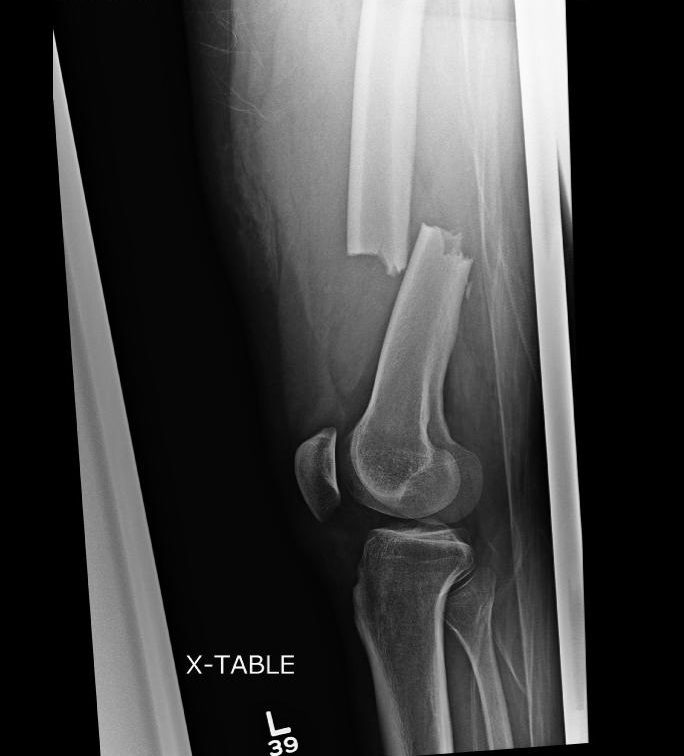
Image Source: Reddit
Signs often include pain, swelling, and deformity, but X-rays or other imaging studies are typically required to confirm the break. Treatment usually starts with pain management, followed by re-setting the bone and immobilizing it with a cast or splint. Surgical options like rods, plates, or screws may be necessary for more complicated fractures.
25. High Fever
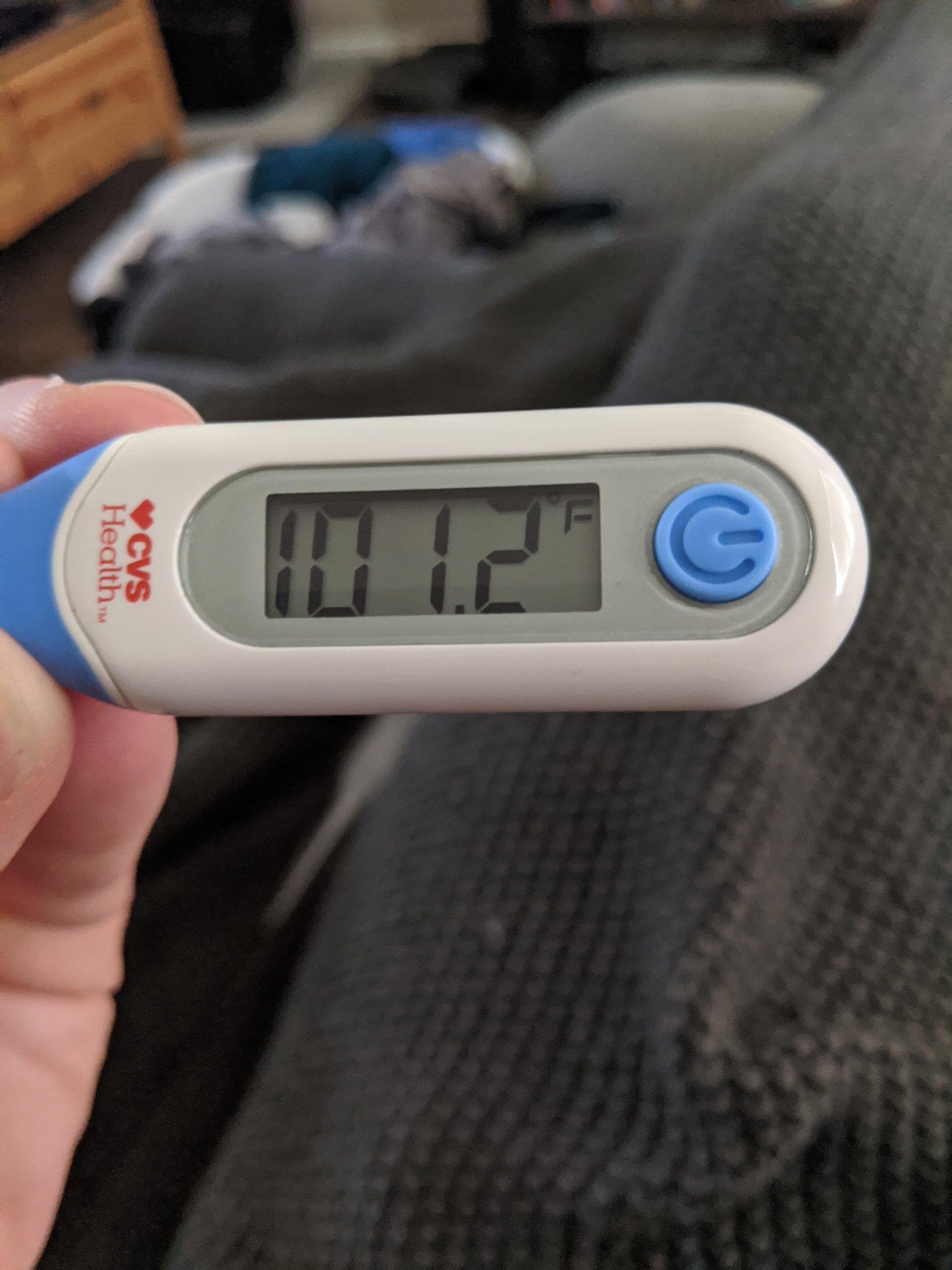
Image Source: Reddit
Often a symptom of an underlying infection or other medical condition, a high fever—especially one that's persistent—usually warrants an ER visit. Doctors typically perform blood tests, urine tests, and sometimes lumbar punctures or imaging studies to identify the root cause. Depending on the findings, treatments may include antibiotics, antivirals, or other specialized medications.
24. Severe Headache or Migraine

Image Source: Reddit
While many headaches can be managed at home, a sudden, severe headache might indicate a more serious condition like a stroke, aneurysm, or meningitis. This often necessitates emergency imaging tests like CT scans or MRIs, and sometimes a lumbar puncture. Treatment could involve pain relievers, anticoagulants, or even surgical intervention in life-threatening cases.
23. Back Pain

Image Source: Reddit
Back pain is a common complaint but can sometimes indicate serious conditions like a herniated disc, spinal stenosis, or even kidney stones or infections. Diagnostic tests may include X-rays, MRIs, or CT scans, and treatment can range from pain medication and physical therapy to surgery in severe cases.
22. Accidental Poisoning
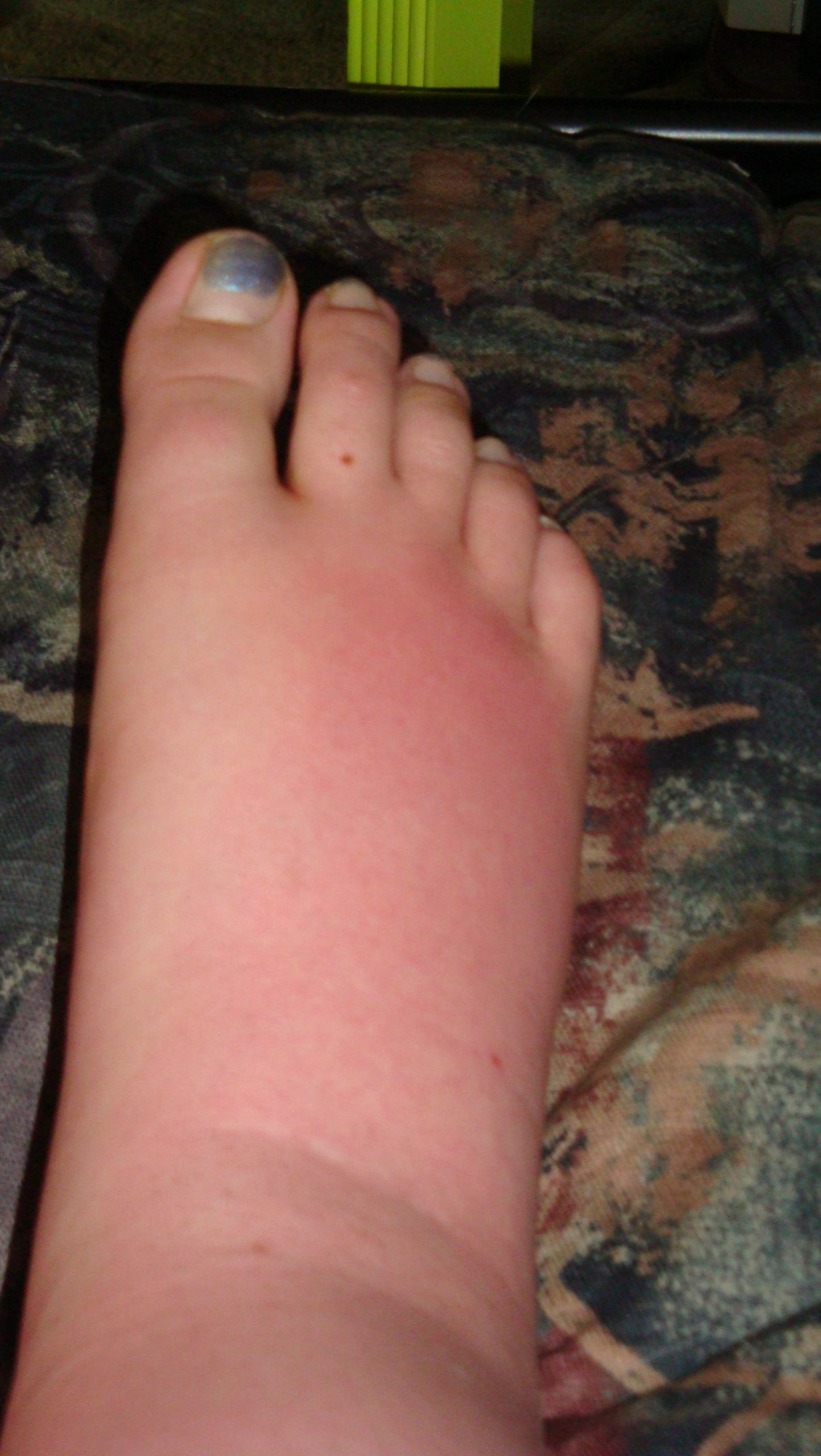
Image Source: Reddit
This is a critical medical emergency that requires immediate attention. Emergency staff often start with stabilization measures like securing the airway and monitoring vital signs. Gastric lavage may be employed to remove ingested substances, and activated charcoal or antidotes might be administered depending on the substance involved.
21. Allergic Reactions
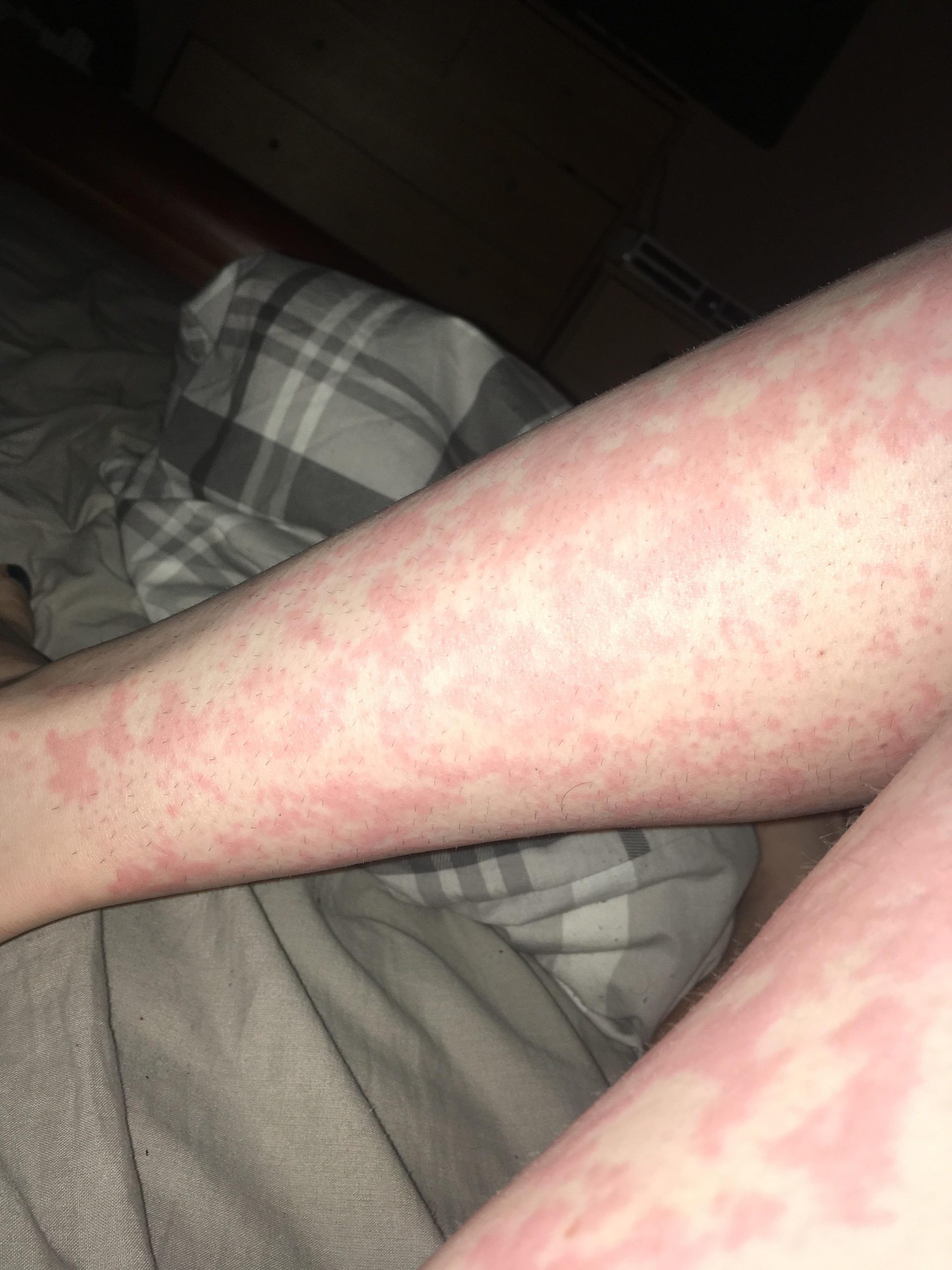
Image Source: Reddit
Mild symptoms like itching and hives are usually not a cause for emergency concern, but severe reactions like anaphylaxis can be life-threatening and require immediate medical attention. ER staff typically administer antihistamines and corticosteroids, and in severe cases, an epinephrine injection may be given to reverse the symptoms.
20. Vomiting or Severe Diarrhea

Image Source: Reddit
When an individual experiences excessive vomiting or severe diarrhea, this is not just uncomfortable but can also be a sign of a significant underlying issue. These symptoms can quickly lead to dehydration, electrolyte imbalance, and loss of critical nutrients. This state may be caused by various factors such as food poisoning, viral infections, or even more severe gastrointestinal issues. Immediate medical attention may be required to identify the cause and prevent complications, which might include kidney problems, persistent weakness, or even shock.
19. Sprains and Strains
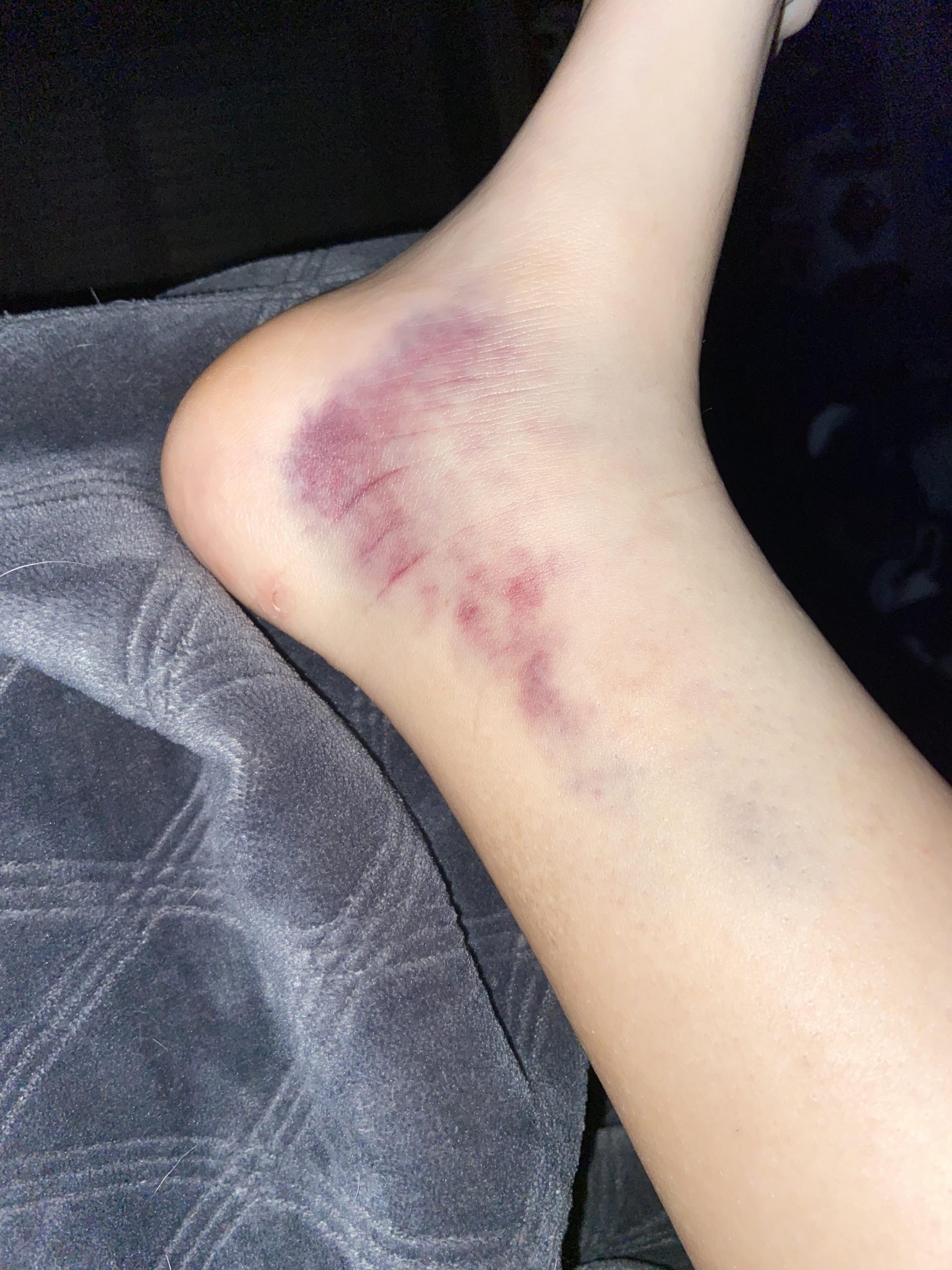
Image Source: Reddit
Sprains and strains are injuries to the ligaments or muscles and can vary in severity. These injuries are commonly sustained during physical activities, but they can also result from everyday actions like lifting heavy objects. Immediate symptoms usually include pain, swelling, and difficulty in using the affected area. Although they are not life-threatening, if not treated properly, they can lead to chronic pain or further injuries. It's crucial to seek medical advice for proper diagnosis and treatment, which may include physical therapy, medication, or even surgery in severe cases.
18. Burns or Scalds
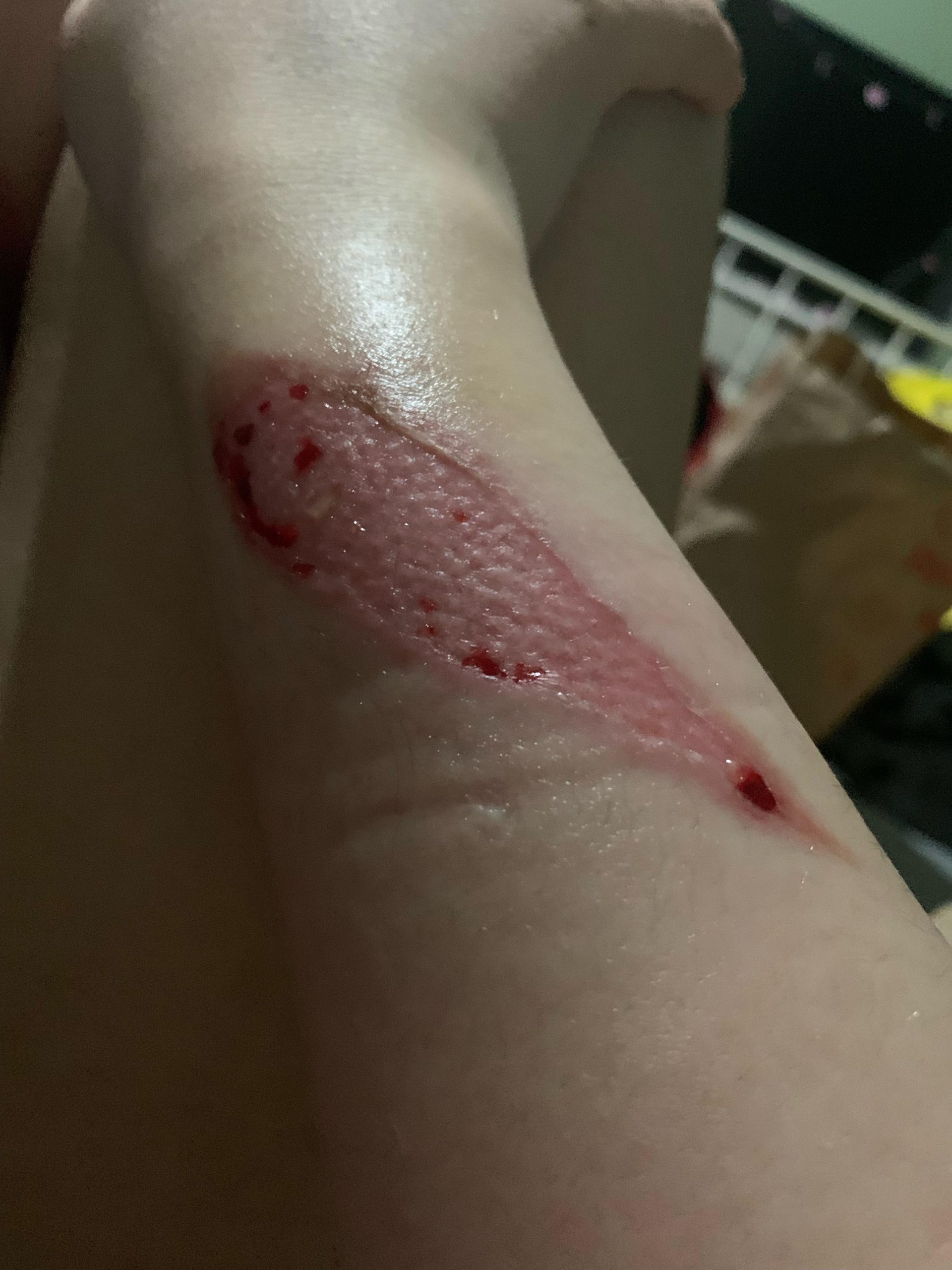
Image Source: Reddit
Burns and scalds can result from contact with hot substances or surfaces, electrical equipment, or chemicals. The severity can range from first-degree burns, which affect only the outer layer of skin, to third-degree burns, which go deeper and may involve damage to the nerves and underlying tissue. Burns can lead to complications like bacterial infections, scarring, or even loss of function in severe cases. Immediate treatment is essential to minimize damage, manage pain, and prevent complications.
17. Seizures

Image Source: CDC
A seizure is a sudden, uncontrolled disturbance in brain activity. They can be due to various reasons including epilepsy, high fever, or a significant imbalance in electrolytes. Seizures can manifest in various ways—from blanking out momentarily to full-body convulsions. They can be life-threatening if they persist for an extended period or occur in a hazardous environment, such as while driving. Immediate medical evaluation is crucial for diagnosis and management to prevent future episodes.
16. Asthma Attacks
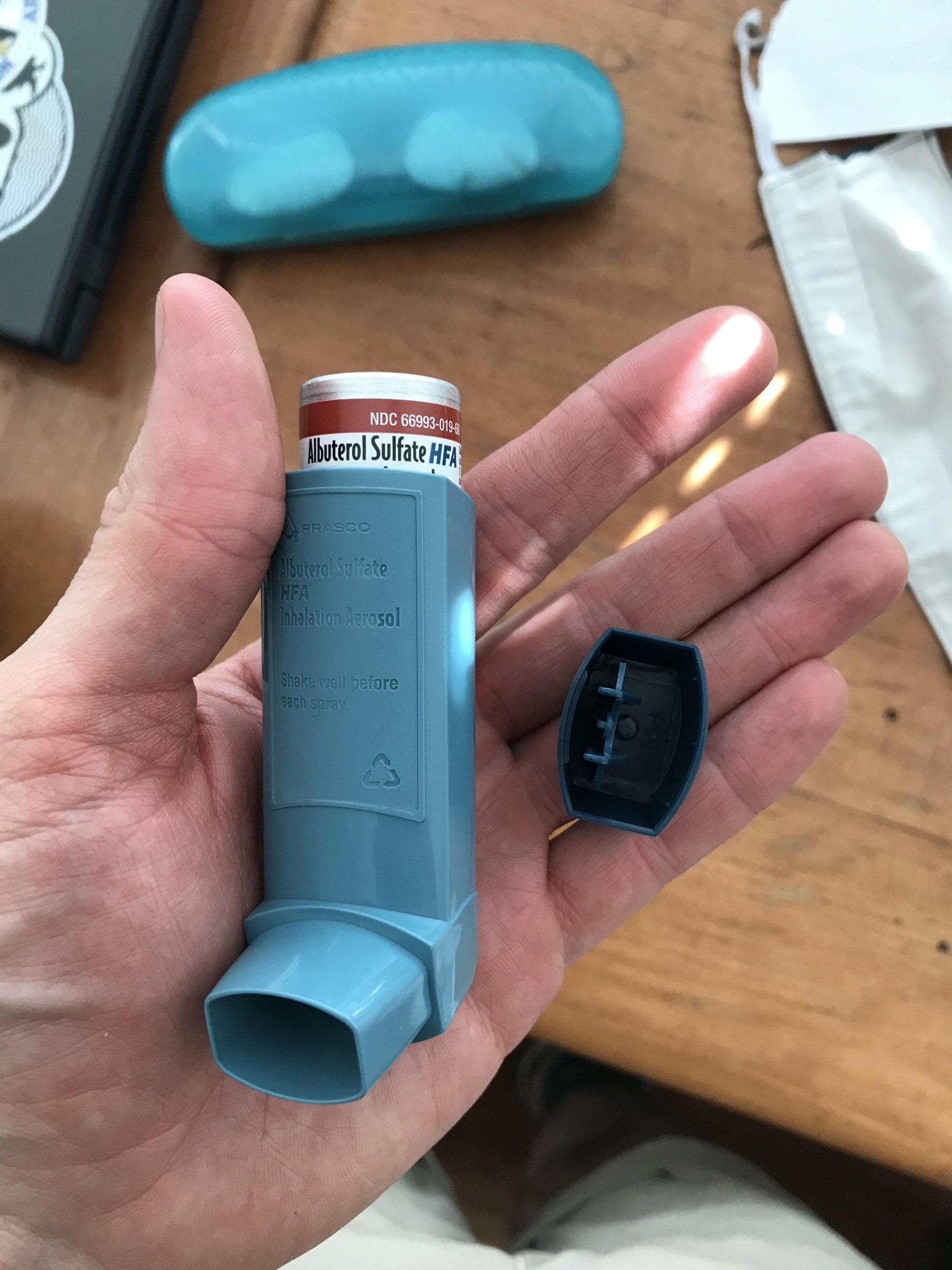
Image Source: Reddit
Asthma attacks occur when the airways in the lungs narrow, making it challenging to breathe. Symptoms can include wheezing, shortness of breath, chest tightness, and coughing. Attacks can be triggered by allergens, exercise, or stress and can range from mild to life-threatening. Immediate medical attention is often required to administer medications like bronchodilators or steroids and stabilize the patient's condition.
15. Respiratory Infections
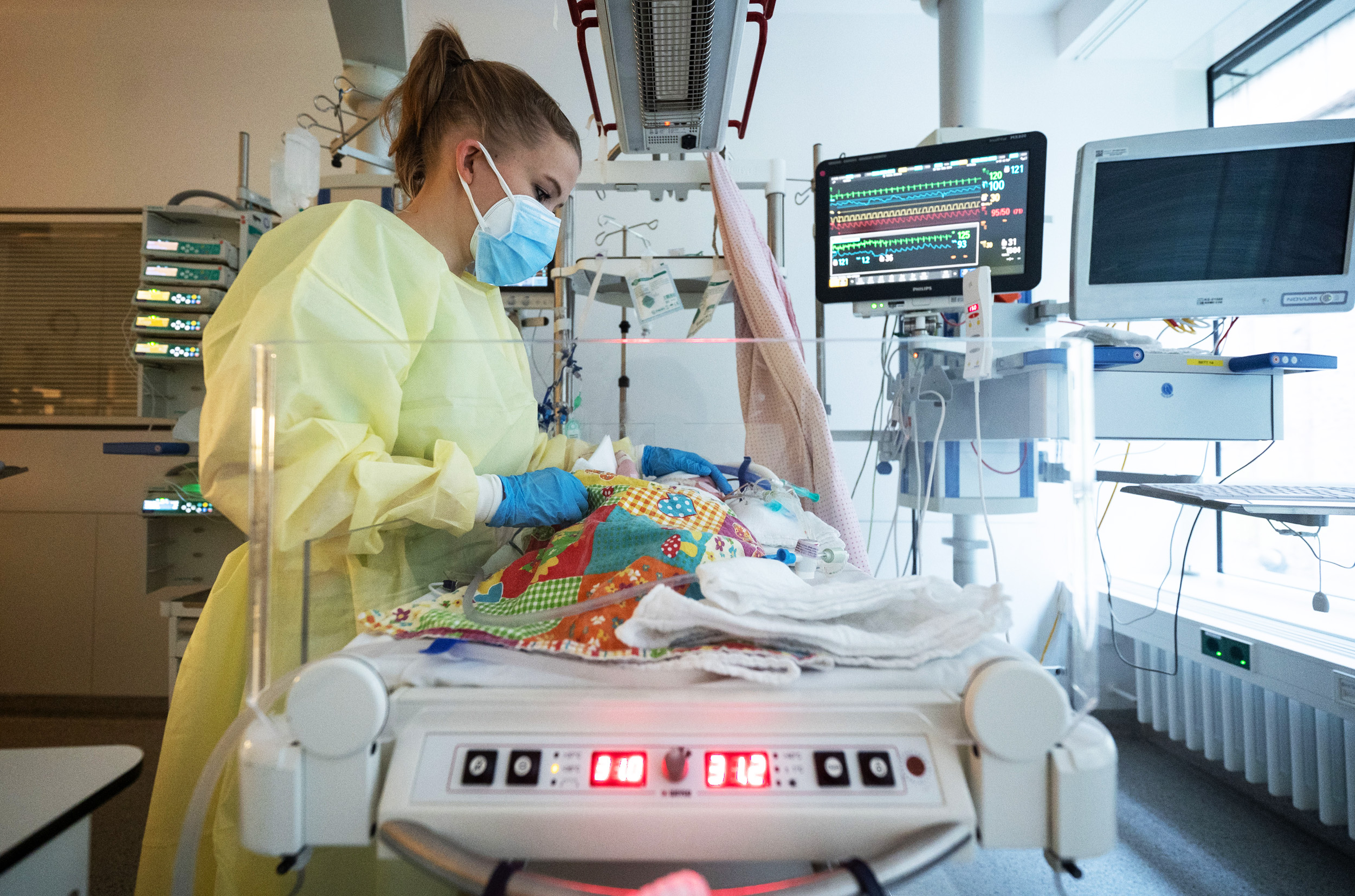
Image Source: NBC News
These are infections that affect the respiratory tract, including the throat, airways, and lungs. They can be caused by viruses or bacteria and may result in symptoms like cough, fever, and difficulty breathing. In severe cases, they can lead to pneumonia or bronchitis, which may require hospitalization. Prompt medical attention is essential for diagnosis and treatment, which may include antibiotics or antiviral medications.
14. Dehydration
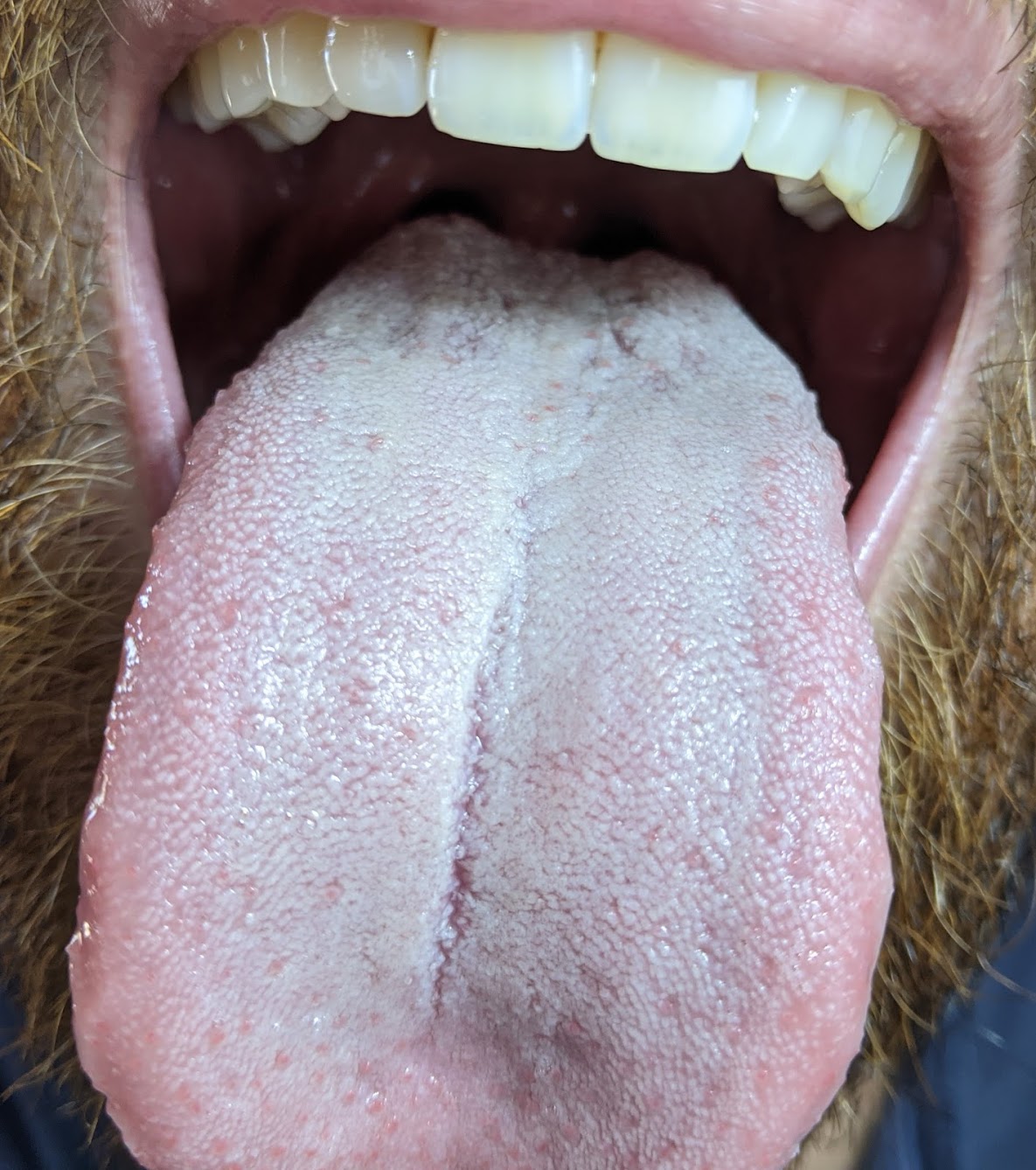
Image Source: Reddit
This condition occurs when the body loses more fluids than it takes in, leading to an imbalance in minerals and electrolytes. Dehydration can be caused by vomiting, diarrhea, excessive sweating, or inadequate fluid intake. Symptoms include dry mouth, extreme thirst, reduced urine output, and fatigue. Severe cases can lead to complications like kidney failure and require immediate medical attention for fluid replacement.
13. Kidney Stones
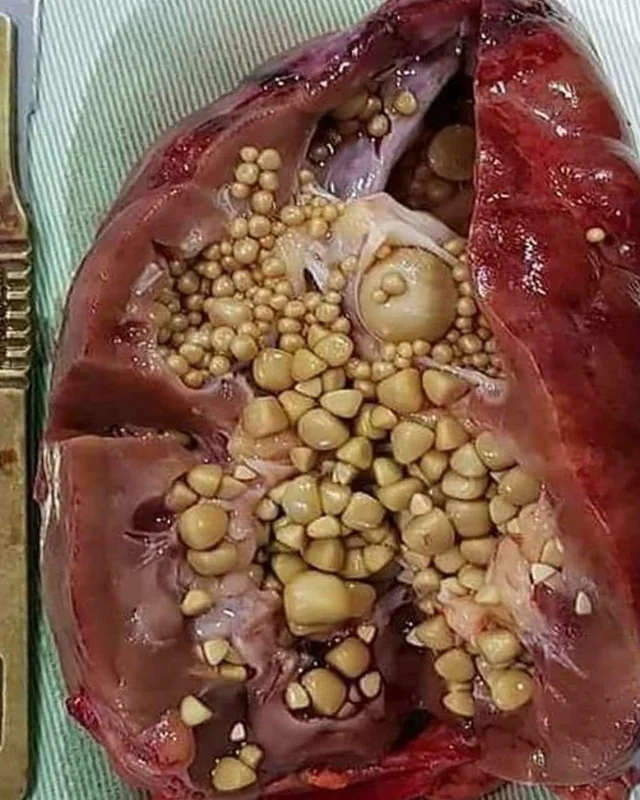
Image Source: Reddit
Kidney stones are solid deposits that form in the kidneys and can cause excruciating pain when they move. Symptoms often include pain in the lower back or sides, blood in the urine, and nausea. In severe cases, they can cause urinary blockages and lead to kidney damage. Medical evaluation is crucial for diagnosis and treatment, which may include pain management, medication to dissolve the stones, or surgical removal.
12. Animal Bites

Image Source: Reddit
Bites from animals can cause pain, swelling, and infection. Depending on the animal and location of the bite, there may also be a risk of rabies or other diseases. Immediate medical attention is necessary for cleaning the wound, assessing the risk of infection, and administering appropriate treatments, which may include antibiotics or a tetanus shot.
11. Car Accidents
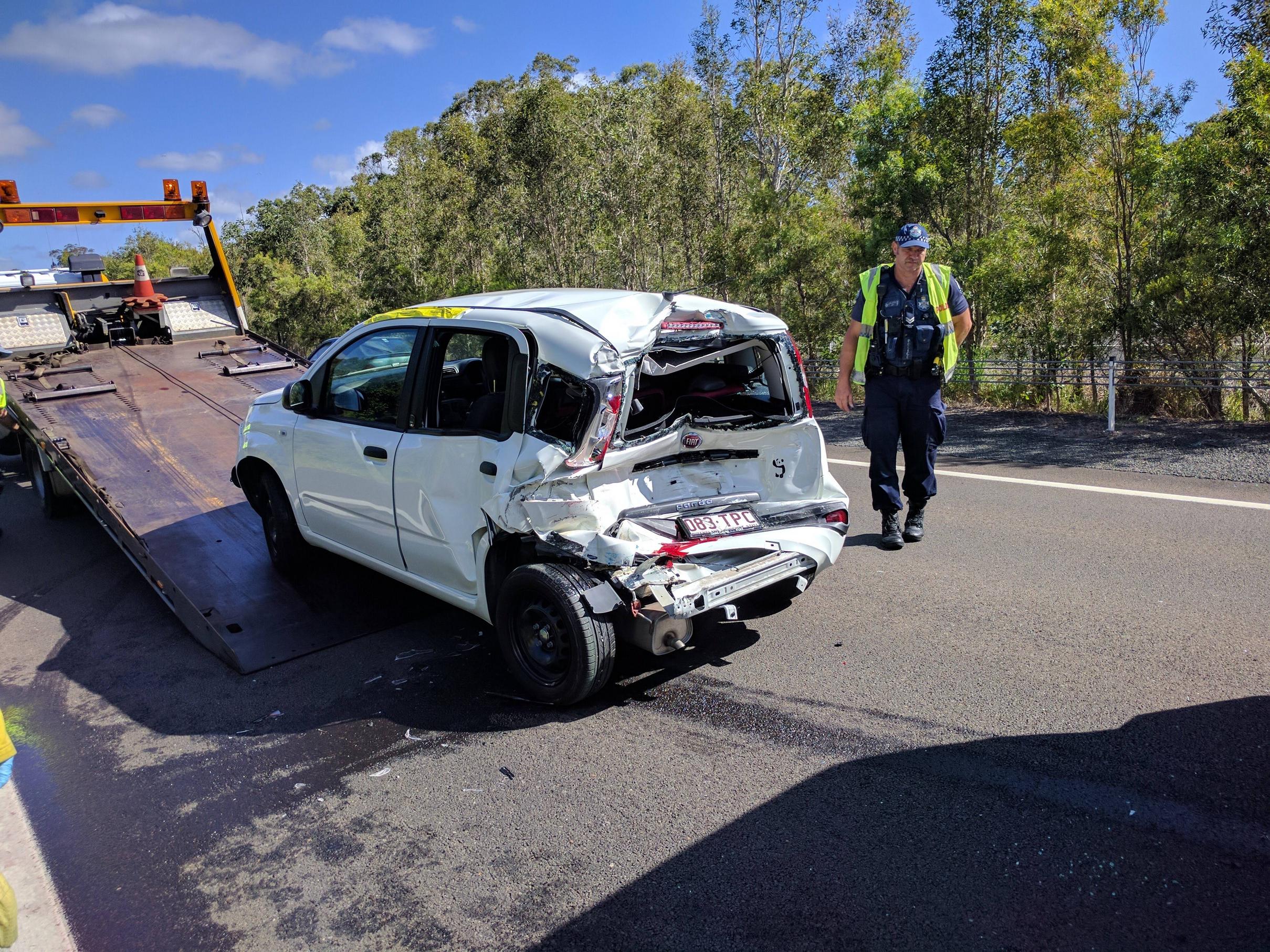
Image Source: Reddit
Motor vehicle accidents can result in a wide range of injuries, from minor cuts and bruises to severe trauma like fractures, internal bleeding, or head injuries. Immediate medical evaluation is crucial to assess the extent of the injuries and determine the appropriate course of action, which may include imaging tests, surgery, or long-term rehabilitation.
10. Sports Injuries

Image Source: Reddit
Injuries sustained during sports can range from mild sprains and muscle strains to severe conditions like fractures or concussions. The impact can be both physical and psychological, affecting an athlete's ability to participate in the sport they love. Immediate medical attention is often required to assess the extent of the injury, manage pain, and develop a suitable treatment and rehabilitation plan. Delay in seeking proper care can lead to complications, such as chronic pain or even permanent damage.
9. Uncontrolled Bleeding

Image Source: Reddit
Excessive bleeding that cannot be controlled by basic first-aid measures is a serious medical emergency. It can occur due to a variety of reasons such as severe trauma, surgical complications, or underlying bleeding disorders. Rapid loss of blood can lead to shock, loss of consciousness, and if not managed promptly, can be life-threatening. Immediate medical intervention is essential to locate the source of the bleeding and control it, which may require surgical procedures or transfusions.
8. Dislocated Joints
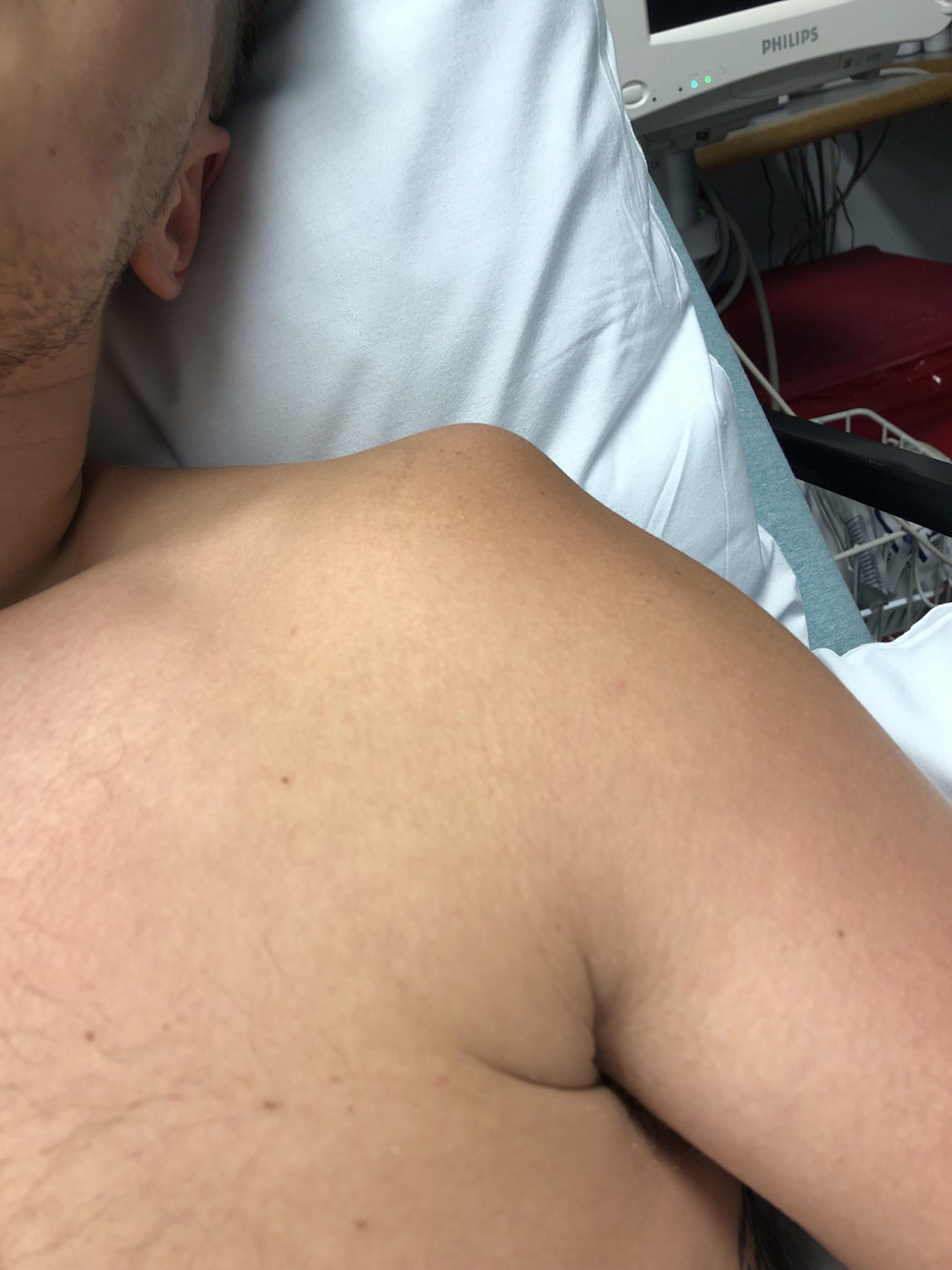
Image Source: Reddit
Dislocated Joints: A dislocation happens when the bones in a joint are forced out of their natural positions, usually due to trauma or extreme force. This causes intense pain, swelling, and difficulty moving the joint. Immediate medical attention is critical to properly diagnose the dislocation via imaging tests and to relocate the bones safely. Failure to treat a dislocation properly can lead to long-term damage, including decreased range of motion or chronic pain.
7. Toothache or Dental Emergencies
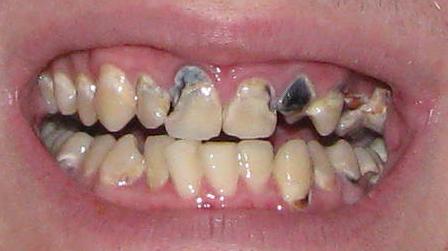
Image Source: Reddit
Dental pain can be excruciating and debilitating. Whether it's a severe toothache, broken tooth, or oral infection, immediate care is often required to manage pain and prevent further complications. Left untreated, dental issues can escalate into serious conditions affecting not just the mouth, but potentially leading to systemic infections. Emergency dental procedures may include extraction, root canal treatment, or antibiotics to manage infections.
6. Eye Injuries

Image Source: Reddit
Eye injuries can range from mild irritations to severe traumas that threaten vision. Chemical exposures, foreign objects, or blunt force trauma can all result in serious eye injuries. Immediate medical intervention is crucial to preserve vision and prevent complications. Treatments may include flushing the eye, medication, or surgical intervention to repair damaged structures.
5. Alcohol or Drug-related Issues

Image Source: Reddit
Substance abuse emergencies, like alcohol poisoning or drug overdose, require immediate medical attention. The effects can range from impaired judgment and coordination to respiratory failure or even death. Medical intervention may include detoxification, medication to counteract the effects of the substance, and psychological support to address the underlying issues related to substance abuse.
4. Foreign Objects Stuck in the Body
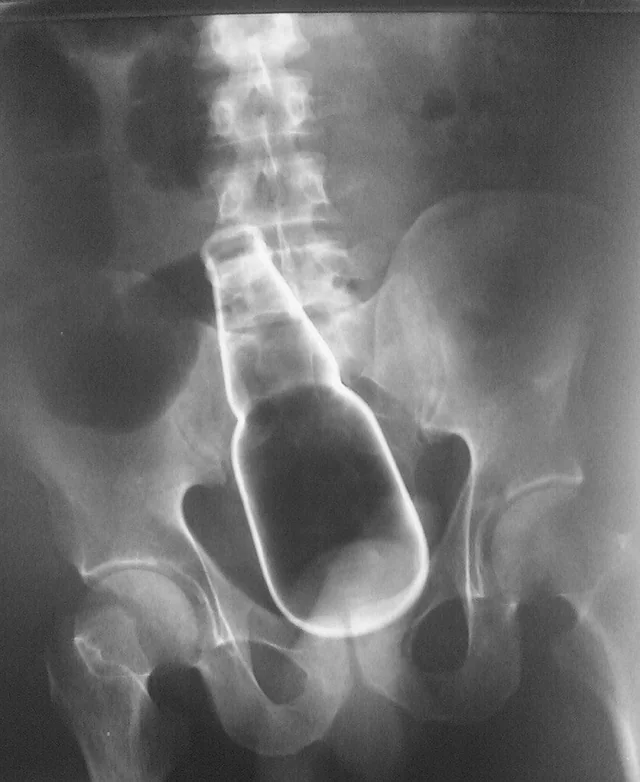
Image Source: Reddit
Instances where foreign objects become lodged in the body, such as swallowing a non-food item or stepping on a nail, require immediate medical attention. These situations can lead to pain, infection, or internal damage. Diagnosis typically involves imaging tests, and treatment may require surgical removal of the object, antibiotics, or tetanus shots as appropriate.
3. Mental Health Emergencies like Severe Anxiety or Suicidal Thoughts

Image Source: CNN
Psychological crises, such as acute anxiety attacks or suicidal ideation, are medical emergencies that require immediate intervention. Untreated, these conditions can have severe long-term consequences and may even be life-threatening. Emergency mental health services may include psychiatric evaluation, medication, and possibly involuntary hospitalization for stabilization.
2. Fainting or Sudden Dizziness

Image Source: Mayo Clinic Health System
Episodes of fainting or sudden, unexplained dizziness can indicate a range of underlying issues, from low blood sugar or dehydration to serious cardiovascular problems. Immediate medical evaluation is essential to rule out life-threatening conditions, and treatment may involve fluid resuscitation, medication, or diagnostic tests to identify the underlying cause.
1. Skin Infections or Severe Rash

Image Source: Reddit
A severe skin infection or rash can indicate an underlying disease or allergic reaction. Symptoms might include extreme redness, swelling, pus, or intense itching. Immediate medical care is essential to diagnose the condition accurately and begin treatment, which may include antibiotics, antifungal medication, or steroids to reduce inflammation.





























